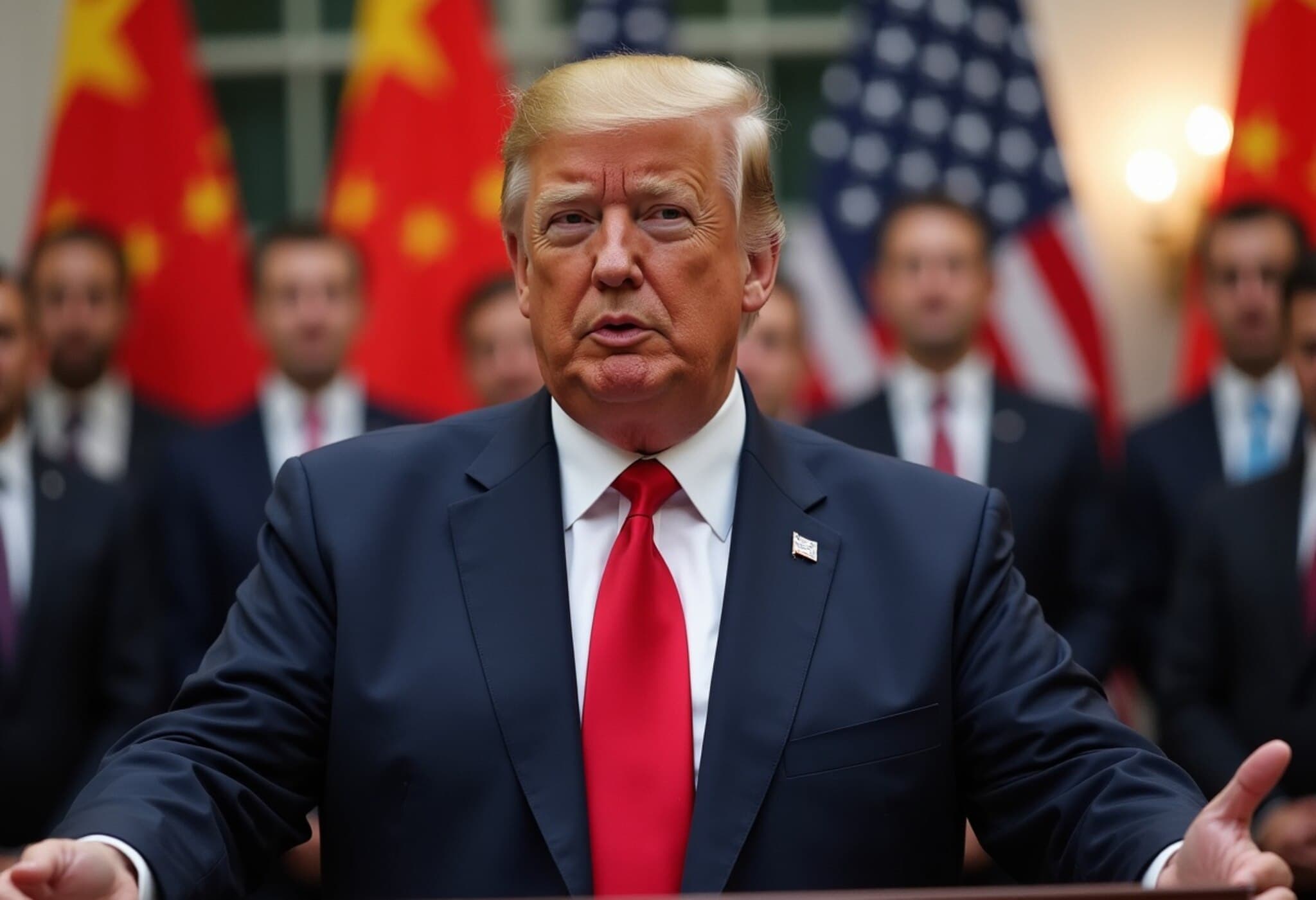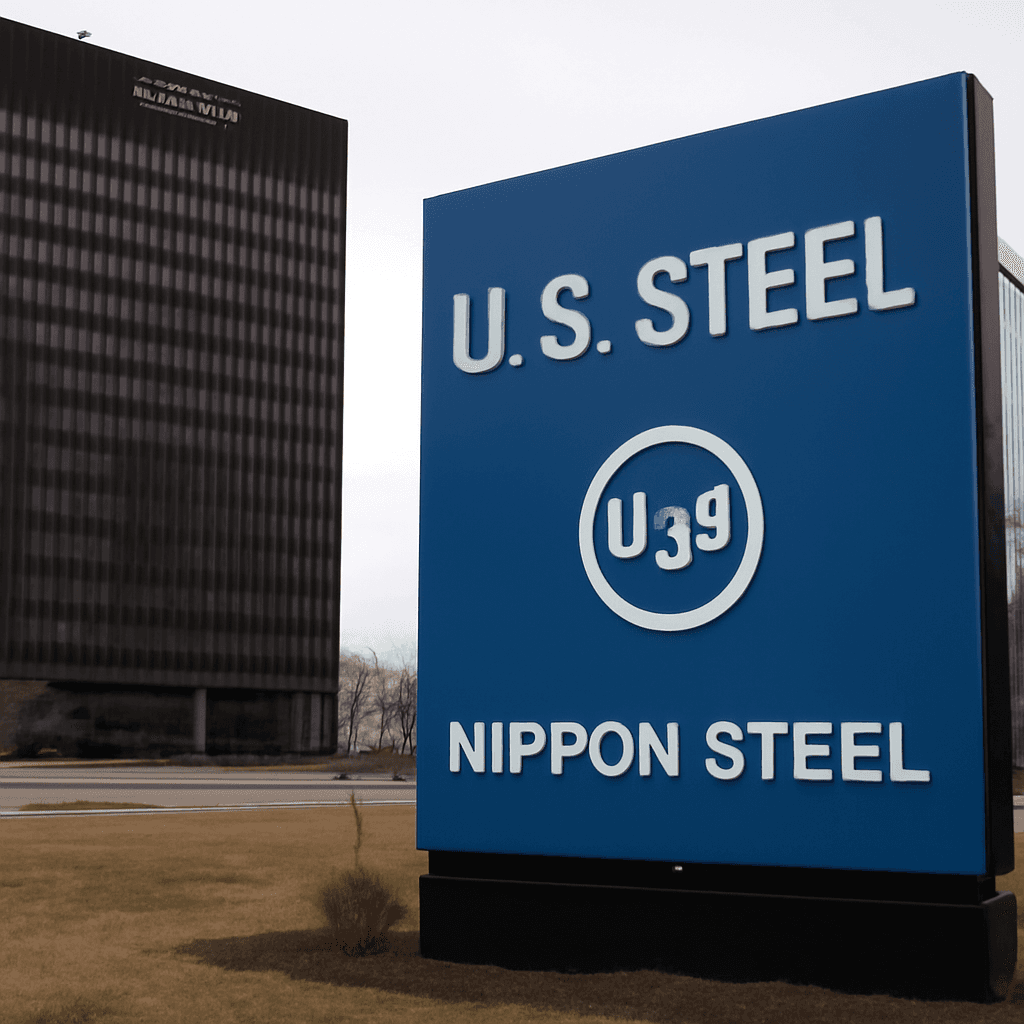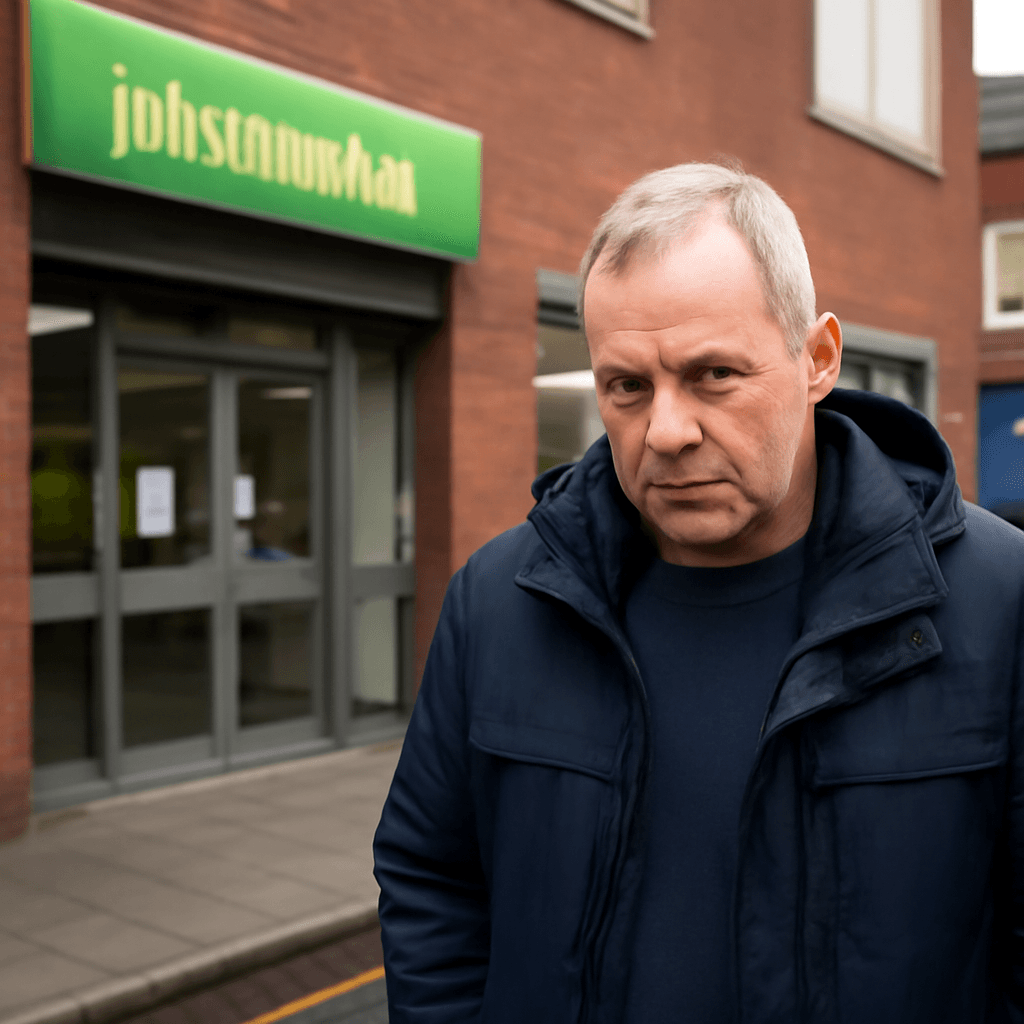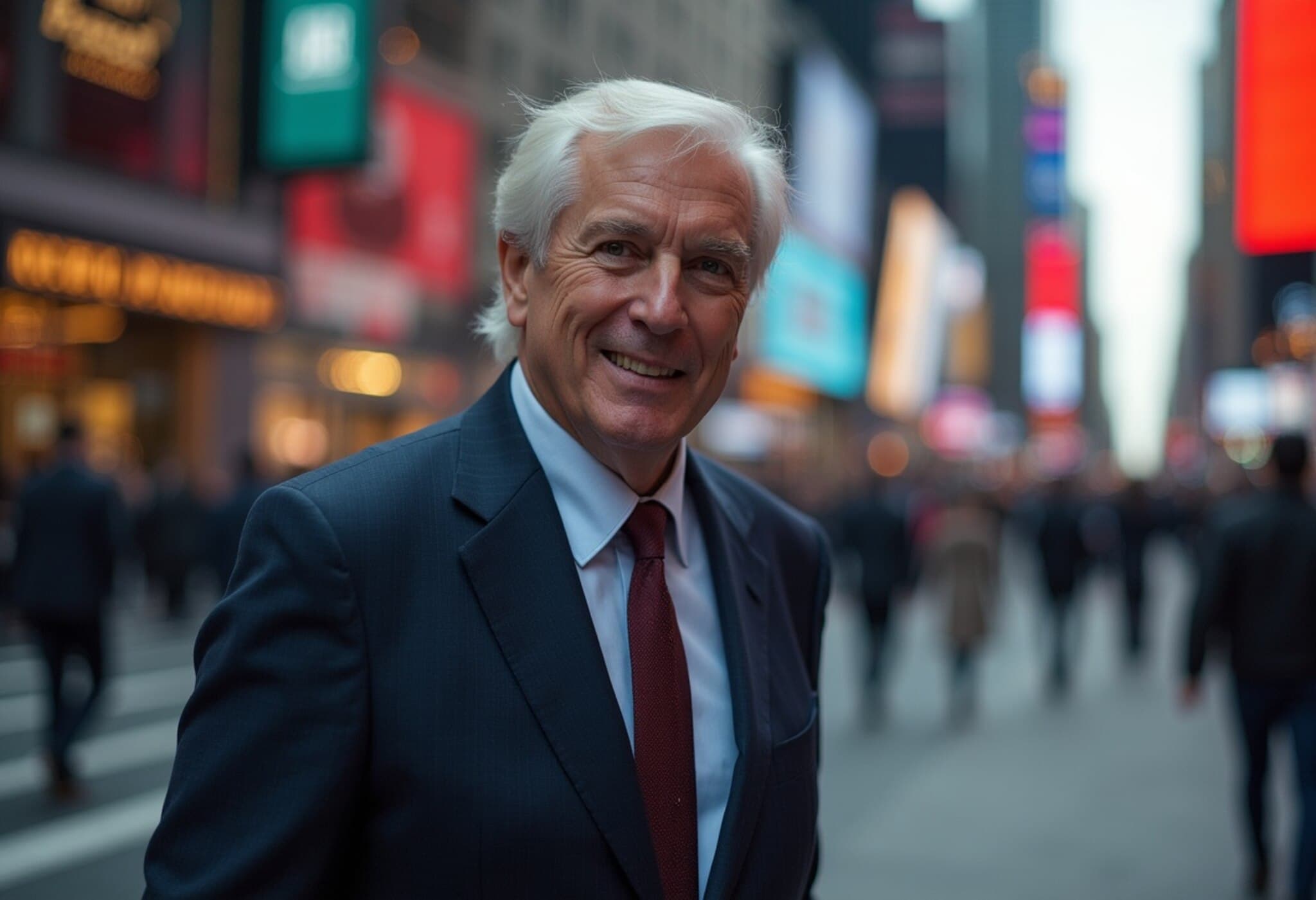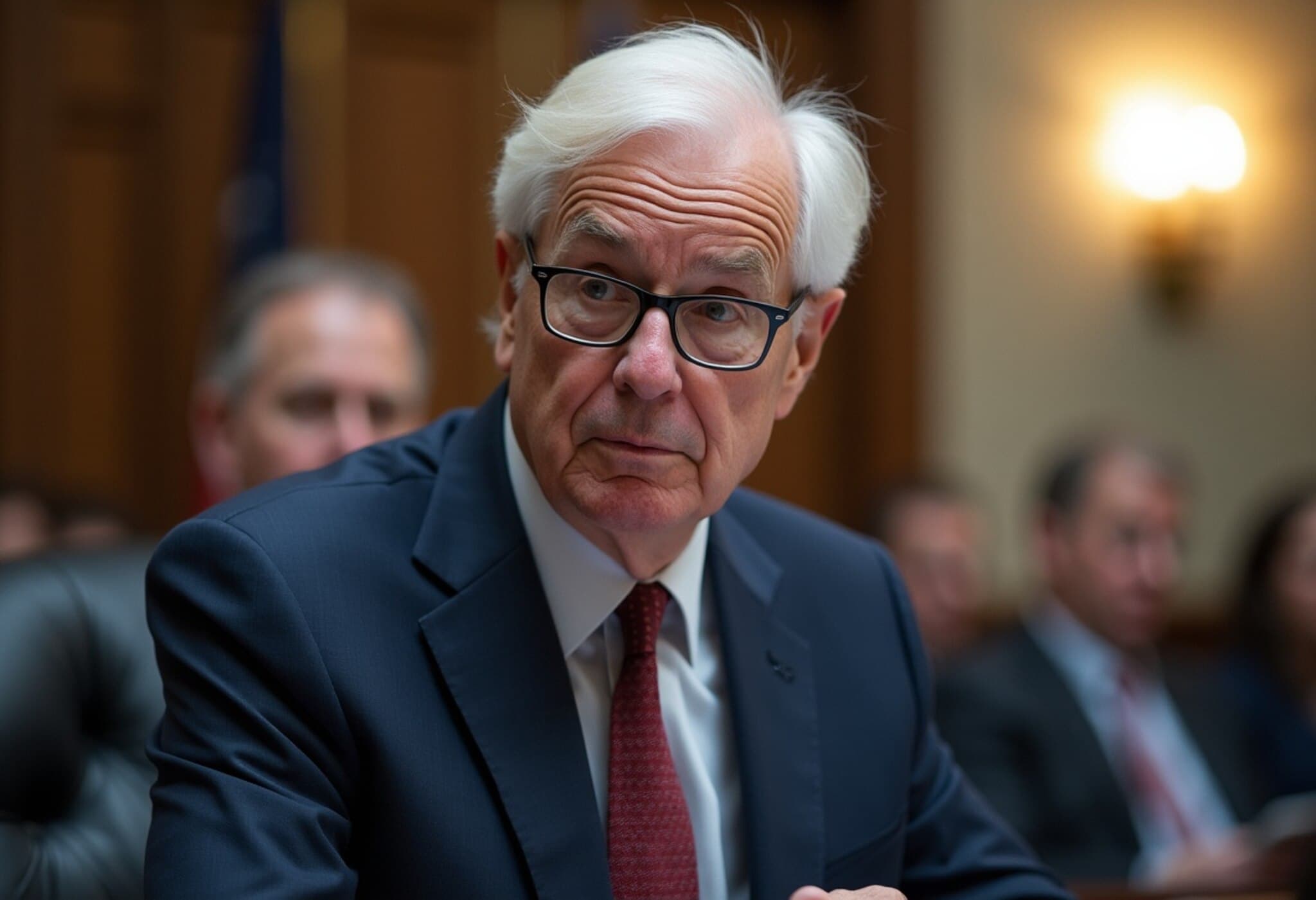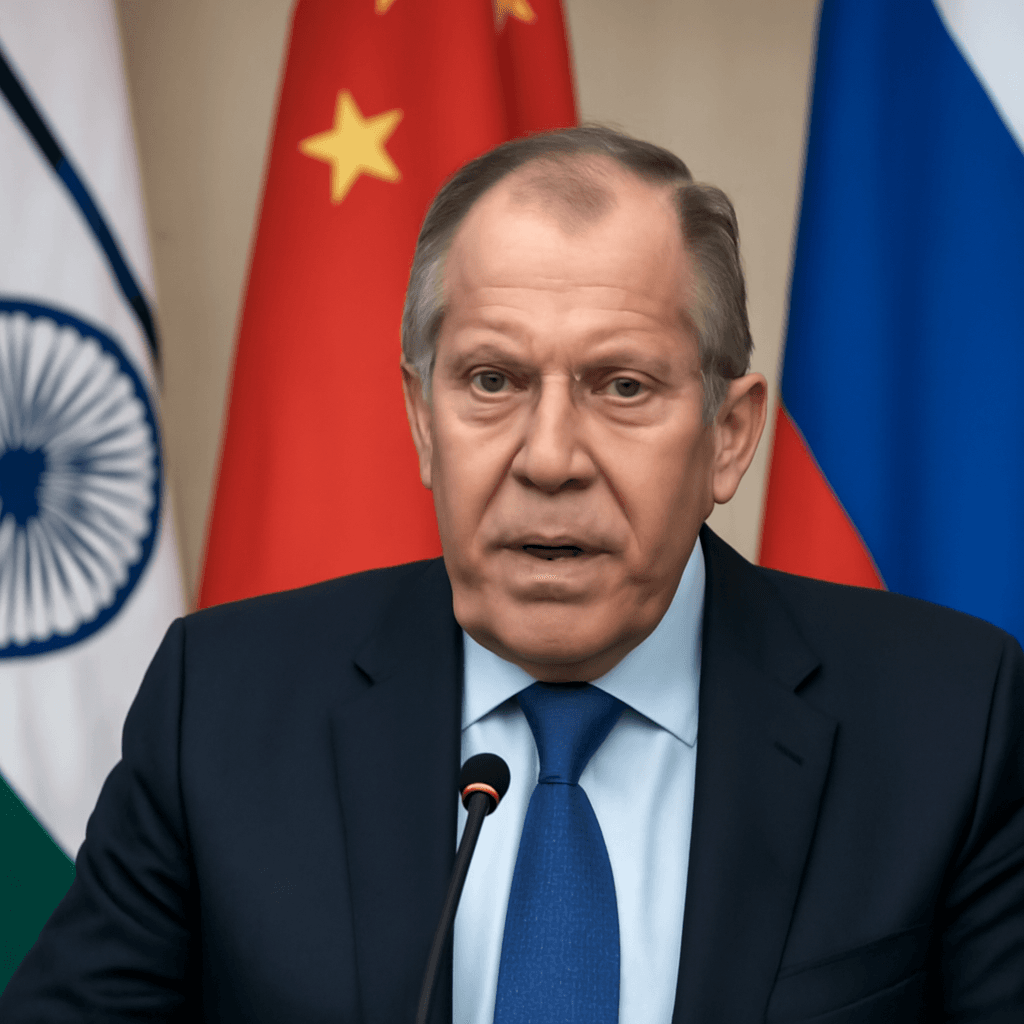CEOs Soften Recession Predictions Amid Easing Trade Tensions
Business executives across the United States are scaling back their fears of an impending recession, reversing the pessimism that surged earlier this year in response to heightened trade tensions. A recent survey of over 270 CEOs reveals a significant decline in recession expectations compared to just a few months ago.
Key Findings from the Latest CEO Survey
- Under 30% of CEOs now anticipate a mild or severe recession within the next six months.
- This marks a sharp decrease from 62% in April and 46% in May, when concerns peaked following tariff announcements.
- The percentage of CEOs expecting economic growth increased to over 40%, nearly doubling since April’s 23% prediction.
- Those forecasting stagnant or flat economic growth have also risen above 30%, up from 15% in April, highlighting increased debate around a possible economic slowdown.
What Shifted Business Sentiment?
This turnaround reflects the evolving landscape of U.S. trade policy. Initial fears were stoked when sweeping tariffs were proposed, causing markets to falter in April amid concerns over rising consumer prices and reduced spending power. Soon after, the introduction of pauses on several tariffs offered relief and helped markets recover.
The White House is currently negotiating trade agreements and recently announced progress with the United Kingdom, with ongoing talks scheduled to clarify future tariff plans before current reprieves expire early next month.
The Recession Conversation in Corporate America
Despite easing pessimism, talk of recession remains prevalent. This year, the word "recession" has appeared in roughly 150 earnings calls of S&P 500 companies—double the volume compared to the same period last year. Corporations acknowledge that significant shifts in global trade could exacerbate economic instability and potentially trigger regional downturns.
Executives have voiced that tariff-related cost increases pose risks to profit margins and may force them to pass expenses onto consumers. Additionally, growing recession anxieties may lead households to curb spending, impacting overall demand.
Consumer Sentiment: A Mixed But Improving Picture
The University of Michigan’s consumer sentiment index experienced a notable dip as tariff fears unsettled Americans. However, more recent data from a New York Federal Reserve survey indicates growing consumer optimism as trade tensions ease.
Edward Decker, CEO of a major corporation, remarked that the worst fears have subsided, noting the turnaround from an almost certain recession prediction in early April to a fully recovered stock market and significantly lowered recession risks in the weeks since.
Looking Ahead
While uncertainty remains around final trade policies and their economic impact, current trends suggest a cautious optimism among business leaders. The evolving policy landscape will likely continue shaping corporate strategies and market sentiment in the months ahead.



